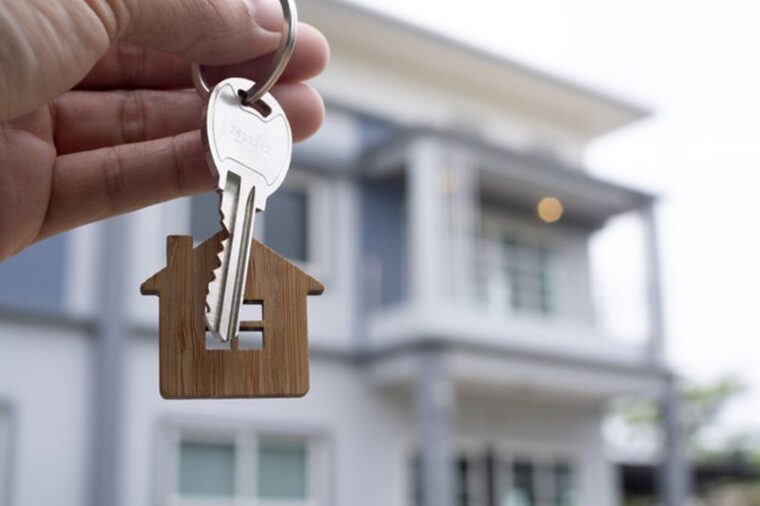Many people are uncertain about condo association insurance and what it all means. Naturally, those people who have experienced weather conditions that inflicted some significant damage to their household in this field will have at least some kind of knowledge about it.
But we can see that for the majority of people, details are still a mystery. Why bother with Condo Association insurance? What if an extreme weather event causes damage that wipes out reserve funds? Or somebody sues the association for discrimination? Your Condo Association insurance comes to the rescue in situations like these.
But only if your board members have done their job. It goes without saying that you need to have at least the basic amount of information before you are able to take participate in something like this. So, we’ve decided to provide you with some crucial piece of information that will provide you with knowledge essential for participation in this kind of work.
One of the most important things you need to have in mind is that the board needs to have some kind of insurance in order to get through hard times much easier. If you are interested in taking a look at some of the best types of insurance you can use, find more information and you can be sure that it will be of significant help. So, how do you block the holes in your Condo Association insurance? It turns out a few simple steps go a long way.
5 Great Condo Association insurance Tips
-
Comply with your association governing documents

The declaration document and bylaws of a Homeowners Association (HOA) are what governs it. Sometimes these are consolidated in a single document. And sometimes, there may be an additional, optional rules document.
Your board members must comply with the insurance requirements contained in these documents. Not doing so could expose you to being personally sued for negligence. So, investing all of your efforts and knowledge into meeting all of the requirements will surely help you to overcome all of these problems when you stumble across them.
-
Comply with state property legislation

There is one exception to the above. Governing documents can be dismissed where they conflict with the law. HOA laws differ between states and can also change quite regularly. In order to be able to be prepared for all of these situations, you need to make sure that you have the proper knowledge.
Not only that, your board members must know how these laws affect their community. So, knowing this means that you will be able to face all the negative things that your community faces. You can find your state’s HOA laws here https://www.hopb.co/hoa-state-laws.
-
Understand ‘Walls-in’ versus ‘Walls-out’ cover

A Homeowners Association’s’ master’ policy covers the structure of the building and common areas. This is what’s known as “walls-out” coverage. With “walls-out” cover, you as a resident must cover everything within your unit through a Homeowners insurance. You may have the option of a “walls-in” policy. This covers basic fixtures within your unit. That would include flooring, plumbing, and electrical fittings.
These two concepts will provide people with a chance to provide the necessary coverage for the damage inflicted on the household or a building, both inside and outside. Thankfully, the board will be able to come up with a deal that will cover both of these concepts. Therefore, they will be able to kill two birds with one stone. But typically, only to builder-grade finishes. If you have upgraded fixtures, you must arrange a gap cover.
-
Check exclusions and deductibles

Always shop around for the best deal. But, be wary of policies where the premiums seem abnormally low. We can see that many companies mask their offers by offering small premiums. But, when you actually want to make the best out of the deal, you will see that it’s not what you’ve hoped for. This can be a serious problem for some. Achieve low premiums in two ways. Either by adding exclusions that reduce the risk to the insurance company. Or by increasing deductibles. And sometimes a combination of both.
Are funds sufficient to cover excluded damages and deductibles? If not, then you, as an owner, must make up the difference. And if you can’t afford to, you could lose your home. Therefore, it’s an absolute must for you as an owner of the property in question to check all the elements of a deal you are offered with. Some small details can determine a lot of things. So, you should give your best efforts in order to come up with some serious deals that can provide you with a lot of benefits, instead of bad things.
(Most mortgage holders now insist on specific insurance being in place.)
-
Take out Directors and Officers Liability coverage

Last but not least, make sure that your board members are protected. This is a necessary element of every deal. As you could read from our article, there are some serious liabilities that require you to protect yourself in the best possible way. Directors and Officers policies cover decision-makers. If sued for negligence, damages, and legal costs, they are covered.
Naturally, this is something that you can expect to happen in some of the most dangerous situations, where the damage inflicted on the property gets pretty high. So, you need to make sure that all the members of the board have all the protection they need to have before they can be completely safe. An informed board member is an effective board member. So, do everything in your power to make it happen.
Stay informed
Now that you know the truth about Condo Association insurance, you can insist the proper insurance policies are in place. If you don’t have a copy of your HOA master policy, contact your condo association to get one. Read through it as it may cover more than you think. Just remember to work with a knowledgeable broker – together, you’ll make a great team. We are pretty sure that you will find our article useful.
